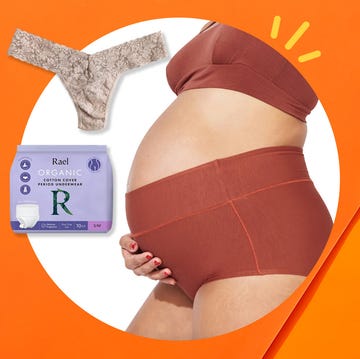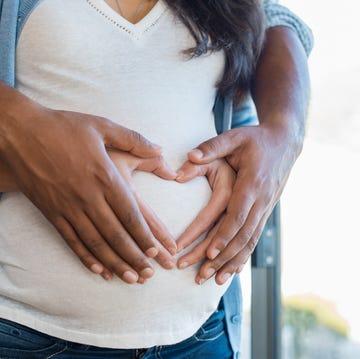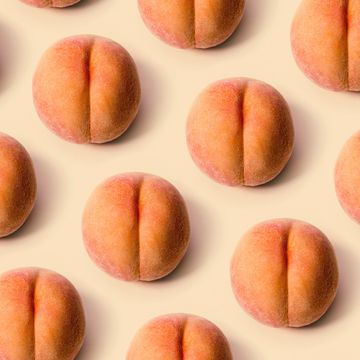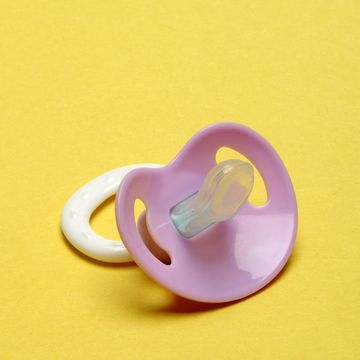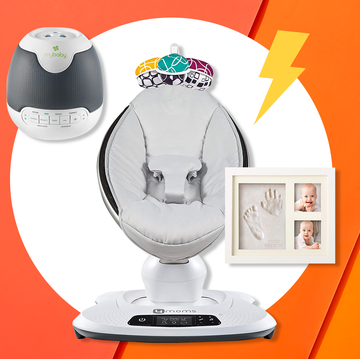Unfair but true: as a woman goes from her 20s and 30s and passes the big 4-0 (and hits her stride in so many areas of her life), her eggs undergo changes that make conceiving and giving birth increasingly iffy. Meanwhile, it may seem like guys can father kids pretty much until they kick the bucket.
But it's not quite that cut and dry. First of all, female fertility mostly has to do with egg quality, rather than quantity. Also, men also have something of a biological clock to contend with. And though it’s not nearly as dramatic as the hit your eggs take, it’s worth considering if you and your partner have baby plans. Things vary from person to person, but these are the decade-by-decade changes to expect from your eggs and his sperm.
Here, several experts—Owen K. Davis, M.D., ob-gyn and reproductive endocrinologist at New York-Presbyterian Weill-Cornell Medical Center and president-elect of the American Society for Reproductive Medicine (ASRM); Elizabeth Fino, M.D., assistant professor of ob-gyn and reproductive specialist at the NYU Fertility Center; and Rebecca Sokol, M.D., M.P.H., president of ASRM and a specialist in male reproduction—explain the life cycle of his sperm and your eggs.
More From Women's Health:
11 Must-Know Facts About the Male Body in Under 1 Minute
9 Crazy Facts About a Man's Fertility
9 Things You Didn't Know About Sperm




